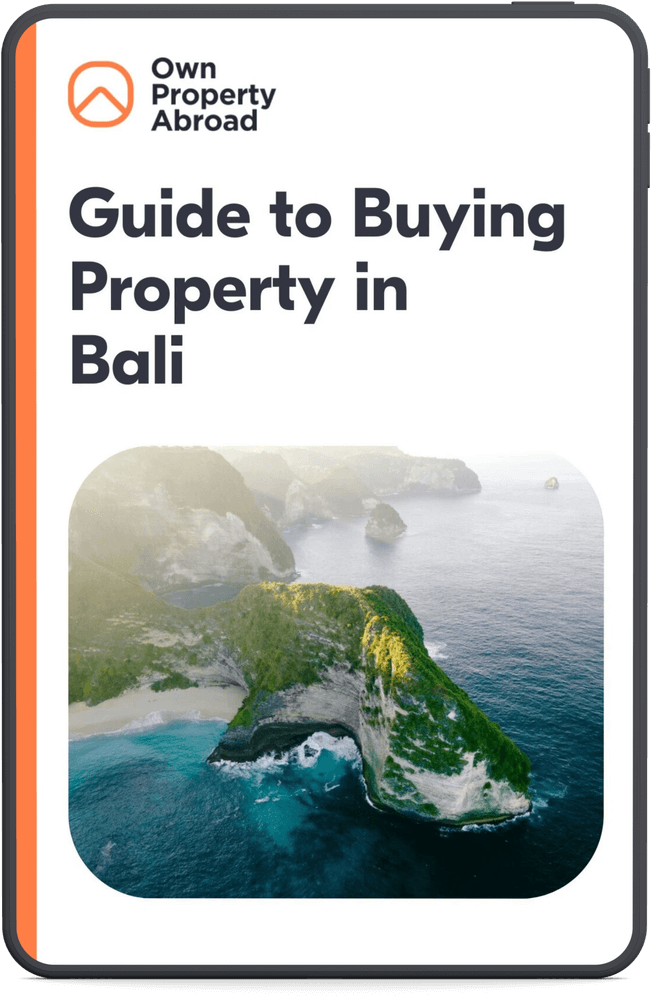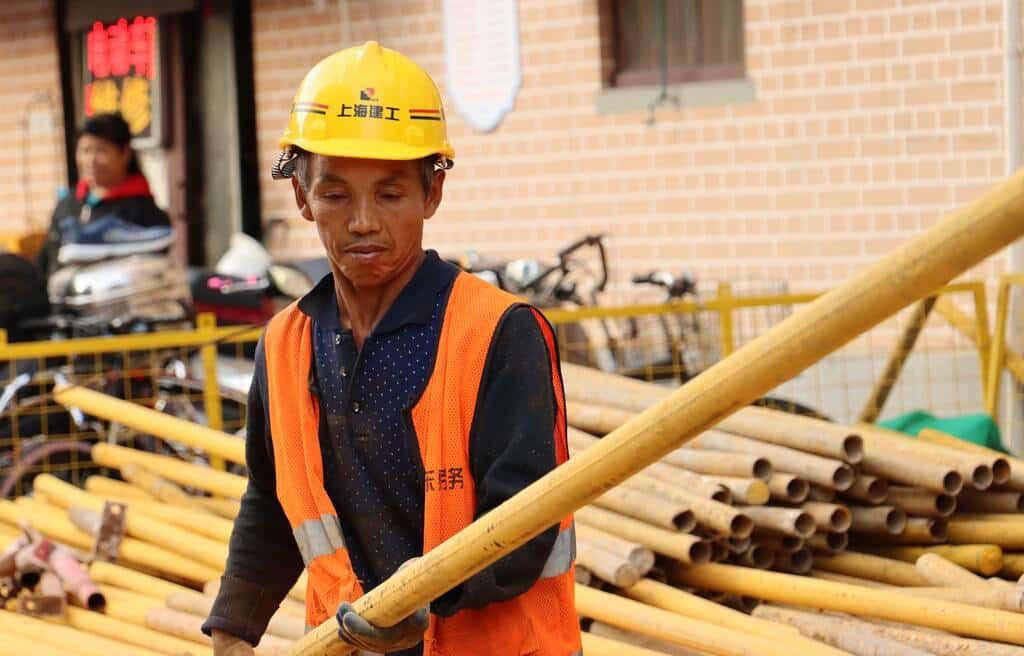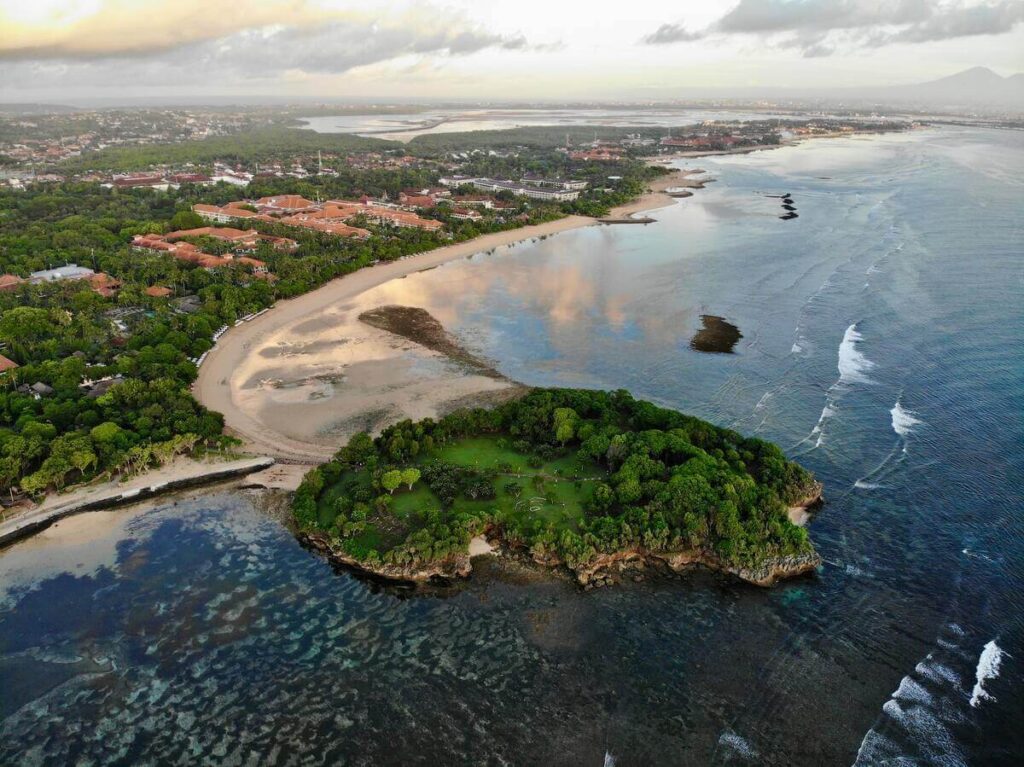7 land titles in Bali for property ownership
These are the seven most essential land titles in Bali that signify different types of property ownership rights:
- Hak Milik (HM) – Right to Own
- Hak Guna Usaha (HGU) – Right to Cultivate
- Hak Pakai (HP) – Right to Use
- Hak Guna Bangunan (HGB) – Right to Build
- Hak Sewa (HS) – Right to Lease
- Hak Pengelolaan (SHLP) – Right to Manage
- Hak Milik Atas Satuan Rumah Susun (HMSRS) – Right of Ownership on Multi-Story Building Units
Valuable insights and practical advice, distilled from years of expertise and real-world experience.


1. Hak Milik (HM) – Right to Own
Hak Milik, also known as the freehold title, is the most powerful land title in Bali. It gives complete control over land or property, and the owner can utilize the land according to his will. Only Indonesian nationals can obtain the Hak Milik title, as the government protects the land in Bali from foreign ownership. Indonesian citizens can transfer property with a Hak Guna Bangunan or Hak Pakai title to the Hak Milik title.
2. Hak Guna Usaha (HGB) – Right to Cultivate
The Hak Guna Usaha is one of the lesser-known land titles in Bali, which permits the holder to utilize or cultivate the land for agricultural and farming activities, and you must register it with the National Land Agency. Both locals, legal entities, and even foreign-owned companies can acquire this title. The certificate has certain restrictions, mainly that its validity is only for a maximum of 25 years with an optional 10-year extension.
3. Hak Pakai (HP) – Right to Use
Hak Pakai is one of the better-known land titles in Bali amongst foreigners. Indonesian nationals and foreigners with a residency permit, such as KITAS or KITAP, can buy property under the Hak Pakai title if the property is eligible for this type of land title.
Property that is bought under Hak Pakai can only be used for residential purposes, and it’s not allowed to rent these properties out. The Hak Pakai title is valid for 30 years and can be extended for another 20-year and 30-year periods, up to 80 years.
4. Hak Guna Bangunan (HGB) – Right to Build
Hak Guna Bangunan permits to own a building that is built on top of someone else’s land. This certificate is especially popular amongst foreigners who use a PT PMA to lease land from an Indonesian national and want to construct their villa on top.
It’s important to note that foreign nationals cannot own a building through Hak Guna Bangunan, as only Indonesian entities can do so, such as PT PMA. It’s allowed to use the property for commercial purposes, such as villa rentals. The certificate is valid for 30 years, with additional 20-year and 30-year extensions available.

5. Hak Sewa (HS) – Right to Lease
Known as the Hak Sewa, this leasehold agreement operates similarly to a typical lease agreement. Foreign individuals and entities can lease real estate in Bali by paying rent to the landowner, with the real estate remaining under the landlord’s ownership. This leasehold agreement is typically valid for an initial 30 years, which remains extendable for another 30-year and 20-year period.
6. Hak Pengelolaan (SHLP) – Right to Manage
Hak Pengelolaan is a land title in Bali where the government retains land ownership but delegates management to an individual or entity. The holder acts as a proxy for the government in managing the land. This title is often used for government projects or culturally significant areas in Bali and is restrictive since ownership remains with the government.
7. Hak Milik Atas Satuan Rumah Susun (HMSRS) – Right of Ownership on Multi-Story Building Units
Like the right of lease building, Indonesian citizens and entities (such as a PT PMA) are eligible for the Hak Milik Atas Satuan Rumah Susun land title. This title allows them to construct and buy units in multi-story buildings, such as condominiums or apartments. However, it’s essential to note that you can only build strata-title buildings on plots of land with Hak Milik, Hak Guna Bangunan, or Hak Pakai titles.
Confused about property and land titles in Bali? Let us help!
Understanding Bali’s property and land titles is essential for foreign buyers to ensure legal ownership and compliance. From Hak Milik to Hak Pakai, each title comes with its own legal implications. Our team of experts is here to help you navigate the complexities, ensuring a smooth and secure property purchase. Leave your details below, and we’ll reach out to provide expert assistance, or email us directly at [email protected] for more information.
Valuable insights and practical advice, distilled from years of expertise and real-world experience.


Frequently Asked Questions (FAQs)
How does property ownership work in Bali?
Property ownership in Bali is governed by a system of land titles in Bali that dictate the type and extent of rights a person can have over a piece of land. These land titles in Bali range from Hak Milik (freehold) for Indonesian citizens to Hak Pakai (Right to Use) and Hak Sewa (leasehold) titles, which are more accessible to foreigners.
Who can own land in Bali?
Tland land ownership in Bali is primarily limited to Indonesian citizens through a Hak Milik title. However, foreigners can obtain property rights using other land titles in Bali, such as Hak Pakai or Hak Guna Bangunan.
What is a freehold title in Bali?
A freehold title, also known as Hak Milik, is one of the land titles in Bali that signifies absolute ownership of the land. It grants the owner full rights over the property and is not time-limited. However, this title is exclusively available to Indonesian citizens and certain Indonesian legal entities.
Who can own a freehold title in Bali?
A freehold title, known as Hak Milik in Bali, can only be held by Indonesian citizens or legal entities such as an Indonesian PMA company. This title gives the holder absolute rights over the property with no expiry date.
Is all property in Bali leasehold?
No, not all property in Bali is leasehold. While Hak Sewa or leasehold is a common title used, especially by foreigners, properties can also be under different land titles like Hak Milik (freehold) and Hak Pakai (Right to Use). Each title comes with its own set of rights, restrictions, and regulations. It’s essential to understand these land titles in Bali when considering property acquisition.




